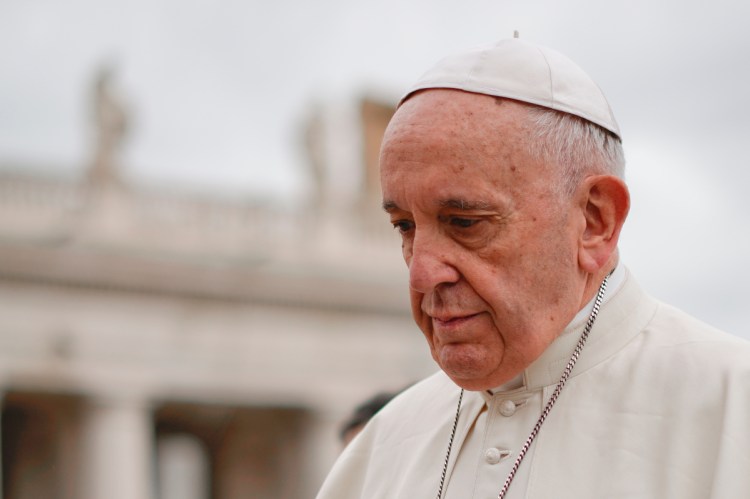So far, apologies have not been enough to calm the victims of the Catholic Church’s sexual abuse scandal – at least not the kind of apologies the pope has been willing to offer. While seeking to soothe tensions, the pope drew ire in January after he came to the support of Juan Barros, a bishop accused of covering up sexual abuse committed by a priest named Fernando Karadima.
The pope later said that his words must have come across as a “slap in the face” of victims, but he still stood by Barros and even warned accusers that they may be found guilty of slander if they continued to make public statements without being able to provide evidence.
Now, the pope is inviting them to Rome to apologize, acknowledging that he was the one who lacked evidence, or “truthful and balanced information.”
In a public letter released on Wednesday, the pope for the first time admitted “grave errors” in his response to the scandal and announced a rare emergency meeting with all of Chile’s bishops. The remarkable shift suggests that the pope has learned new details about the extent of Chile’s child sexual abuse scandal since his trip in January when he tasked sex abuse investigator Archbishop Charles Scicluna to gather further testimony.
The pope’s latest remarks come as the Catholic Church is attempting to regain the credibility it lost in the South American country. The Vatican was long a powerful institution in Chile, where almost half of the population identifies as Catholic. Over the past decade, however, more and more people have turned their backs on the church and many cite the sexual abuse scandal for their loss of faith.
In his Wednesday letter, the pope said he now wanted to “re-establish … confidence that was broken by our errors and sins.”
But some of the pope’s critics were still not convinced by what they see as his effort to distance himself from the scandal, arguing that one of the harshest allegations against the head of the Catholic Church – that he deliberately ignored leads that would have exposed Barros’ involvement in the scandal early on – has still not been disproved.
In his Wednesday letter, the pope appeared to indicate that it was the sheer amount of details and testimony gathered by Vatican representatives and compiled in a 2,300-page dossier that caused the turnaround. “I confess this caused me pain and shame,” the pope wrote in the letter, referring to the dossier, according to a translation provided by the Associated Press.
“From now on I ask forgiveness of all those I offended and I hope to be able to do it personally in the coming weeks,” Francis wrote.
The sudden apology came after months of papal denials, that resulted in tensions and even arson attacks against Catholic churches in Chile.
“I can’t condemn him because I don’t have evidence … But I’m also convinced that he’s innocent,” Francis said in January, referring to Barros.
One of the key questions has long been the credibility of the victims who accused Barros of covering up Karadima’s abuse. The same victims who made those accusations were deemed credible by a Chilean judge who examined the sexual abuse by Karadima. But Barros, once Karadima’s protege, still continued to have the support of the Catholic Church.
Francis appointed Barros to his current diocese in 2015, despite the allegations of a cover-up at the time.
“The day they bring me proof against Bishop Barros, I’ll speak … There is not one shred of proof against him. It’s all calumny. Is that clear?” the pope lashed out against Barros’s accusers only months ago, in January.
Send questions/comments to the editors.



Success. Please wait for the page to reload. If the page does not reload within 5 seconds, please refresh the page.
Enter your email and password to access comments.
Hi, to comment on stories you must . This profile is in addition to your subscription and website login.
Already have a commenting profile? .
Invalid username/password.
Please check your email to confirm and complete your registration.
Only subscribers are eligible to post comments. Please subscribe or login first for digital access. Here’s why.
Use the form below to reset your password. When you've submitted your account email, we will send an email with a reset code.